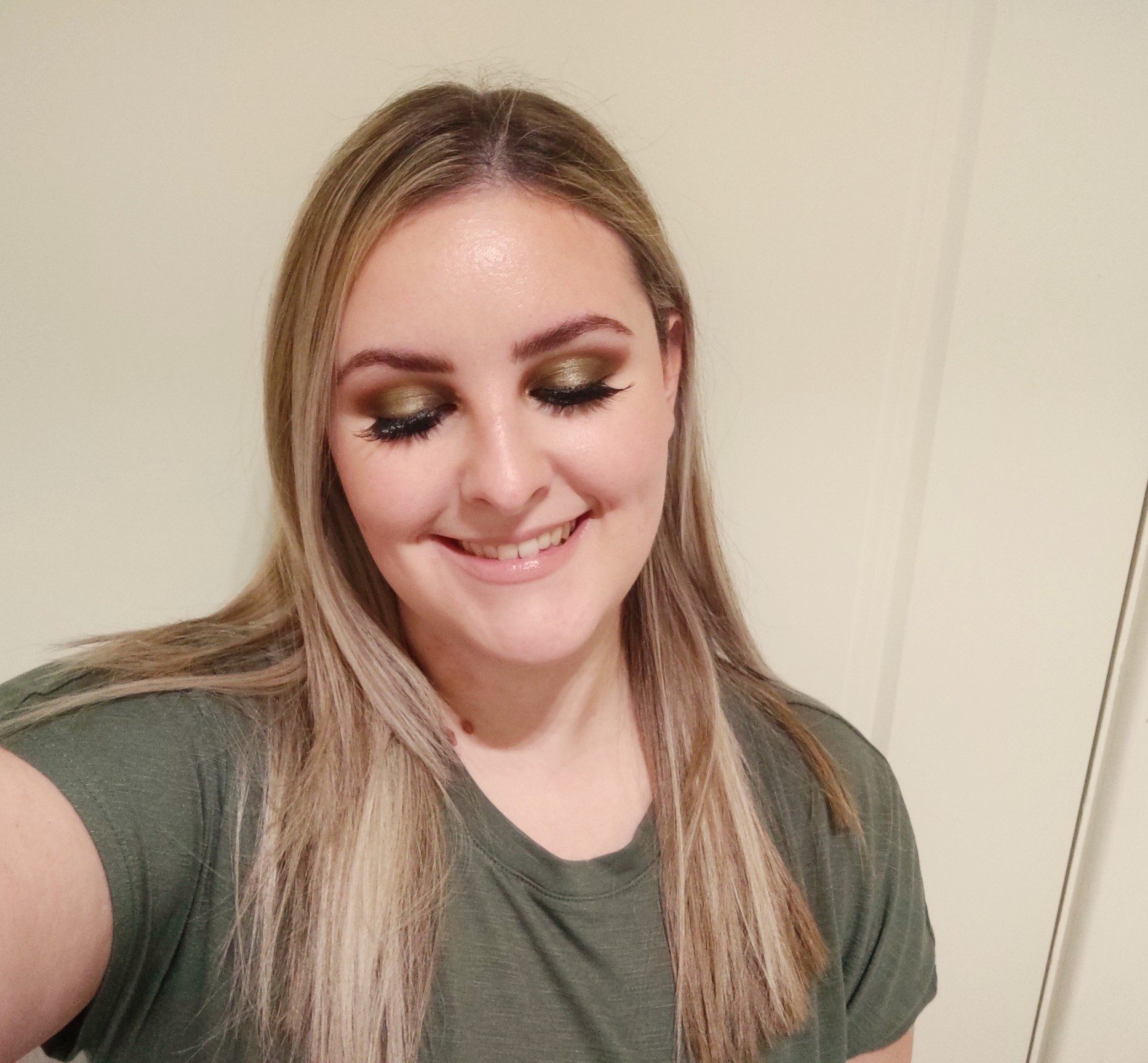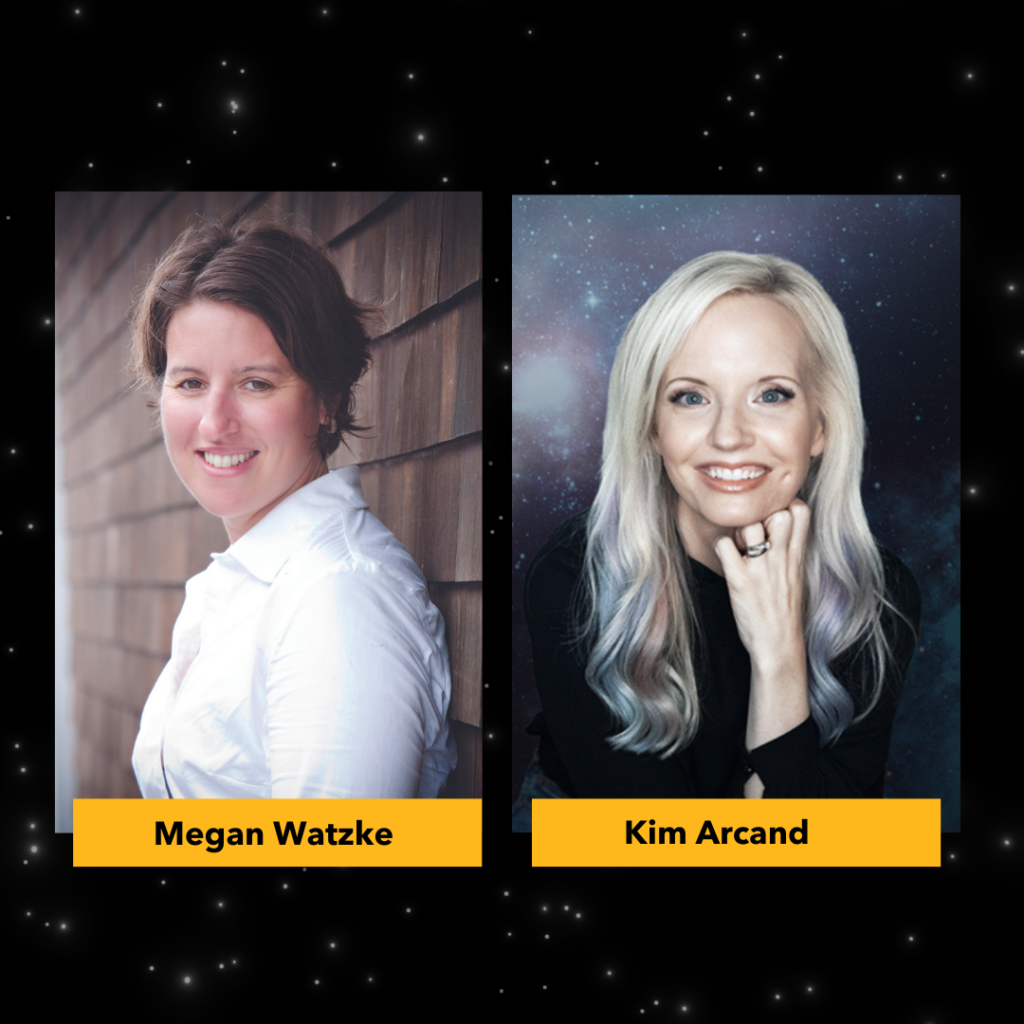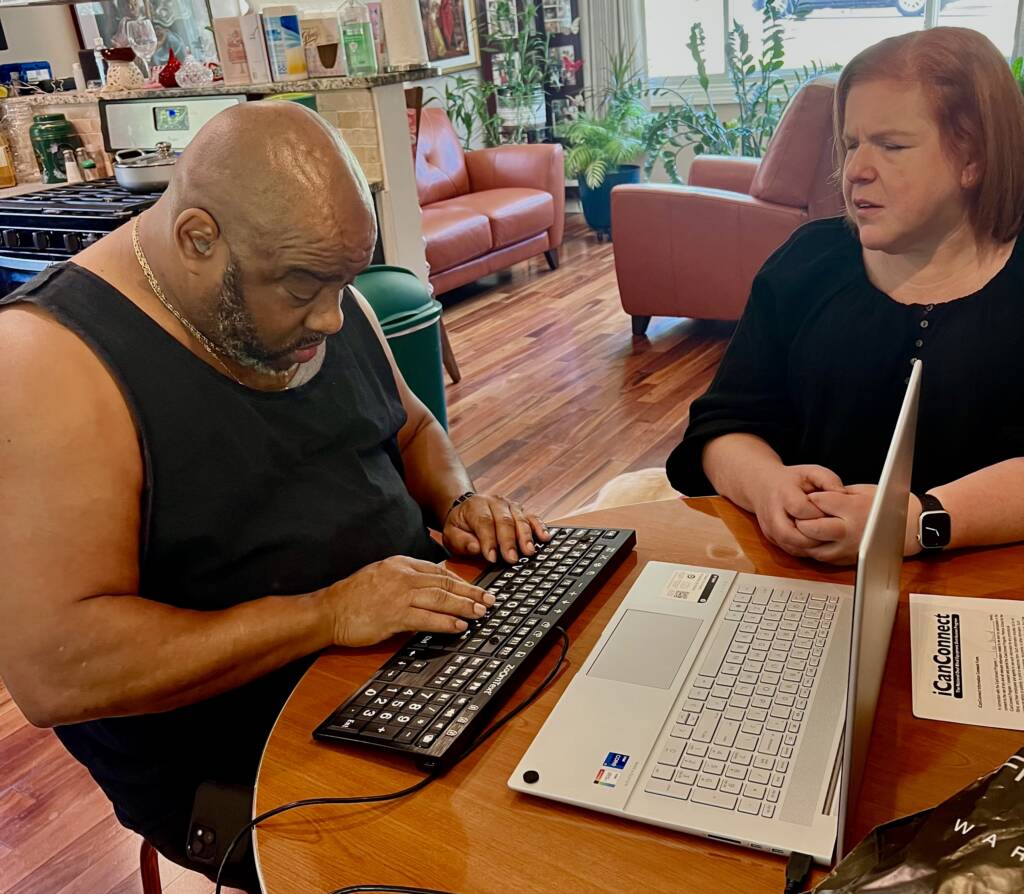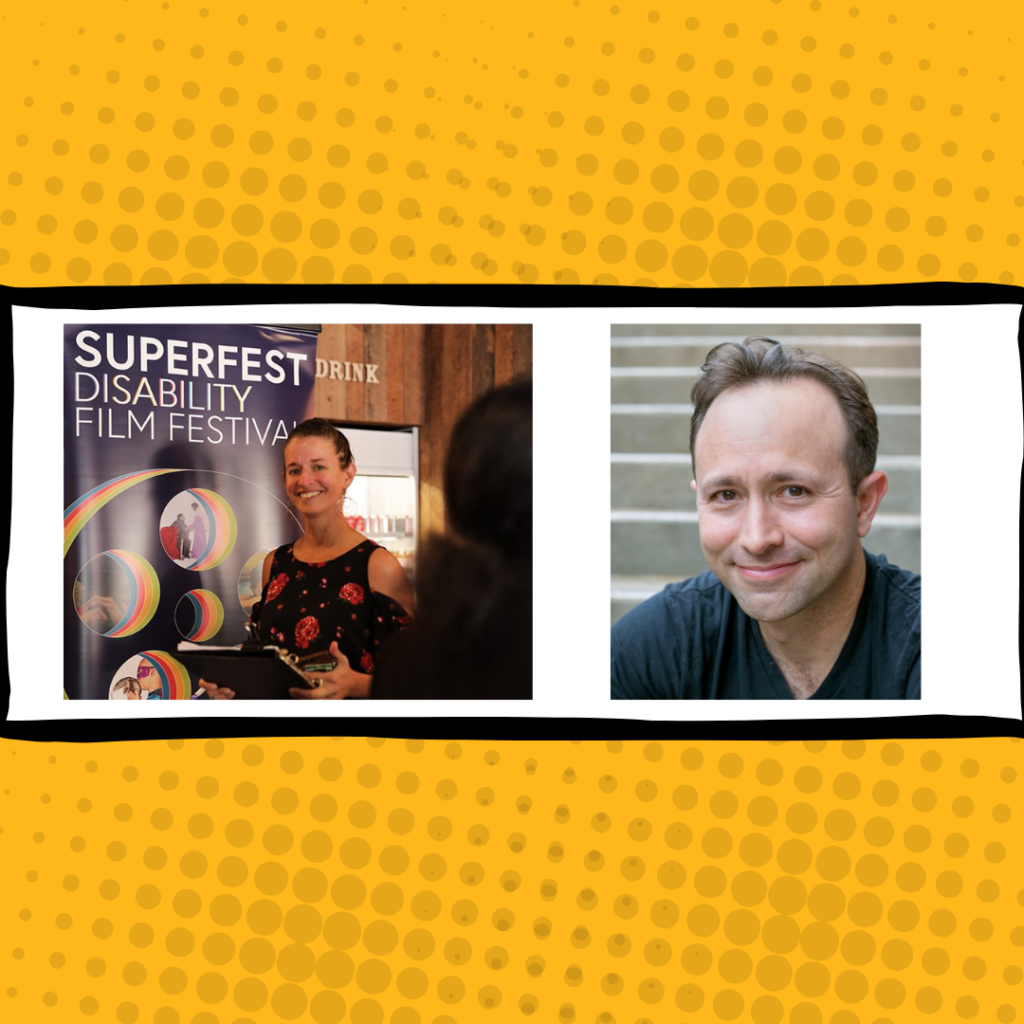Growing up, my biggest fear was going blind. I can’t tell you why, it was just a thought I had in the back of my mind for the longest time.
When I was around 13-15 years old, I began to notice I was having trouble seeing at night or in dimly lit places. This worried me, but I kept it to myself out of fear that something was seriously wrong.
My sight continued to change. I would miss a few steps on a staircase or bump into things in the house or in public. My floaters got worse and I became more sensitive to sunlight.
It wasn’t until 2018 that I finally spoke up and told my optometrist what was happening. A few months later, after several draining tests and visits with specialists, I was diagnosed with Retinitis Pigmentosa, a rare, inherited retinal disease that causes progressive, permanent blindness.
It was a huge shock: in the beginning, I was numb. It took a long time, but eventually I reached out and found the blind community online and have since made so many connections and friendships that have saved me from being in a very dark place.
Learning to live with blindness
I’ve since learned so much about my condition that has helped me find acceptance in small doses and how to live with grief and constant, gradual loss of my sight. I’ve learned that blindness isn’t a death sentence and that independence is achievable through some adjustments, inner strength and determination.
Going blind has shown me my own resilience, compassion, creativity and grit – and that asking for help is okay. I’ve become more comfortable with who I am, what I’m doing in this life and it’s even made me confront my own ableist beliefs about blindness.
Speaking out about disability
Since then, my biggest passion has been to break down the outdated and discriminatory stereotypes and misconceptions that exist about people who are blind or visually impaired.
We don’t have the sixth sense. We love makeup, cooking and surfing, just about everything else sighted folk do. We are individuals, not a monolith and not everyone has a guide dog or uses a white cane. We deserve to be treated with respect and dignity. We are not something to fear or pity or discriminate against. We are human, just like everyone else.
Blindness has shown me that our world is incredibly inaccessible to people with disabilities and that change is so vitally important to ensure that our human rights are upheld. Blindness has given me a new perspective on life and although it’s not all sunshine and roses, I wouldn’t change what is happening to me.
About the Author
Bethany Cody is a writer, foodie, disability advocate and beauty enthusiast from South Australia. You can follow her on Instagram at @GrinSpoonGirl.



